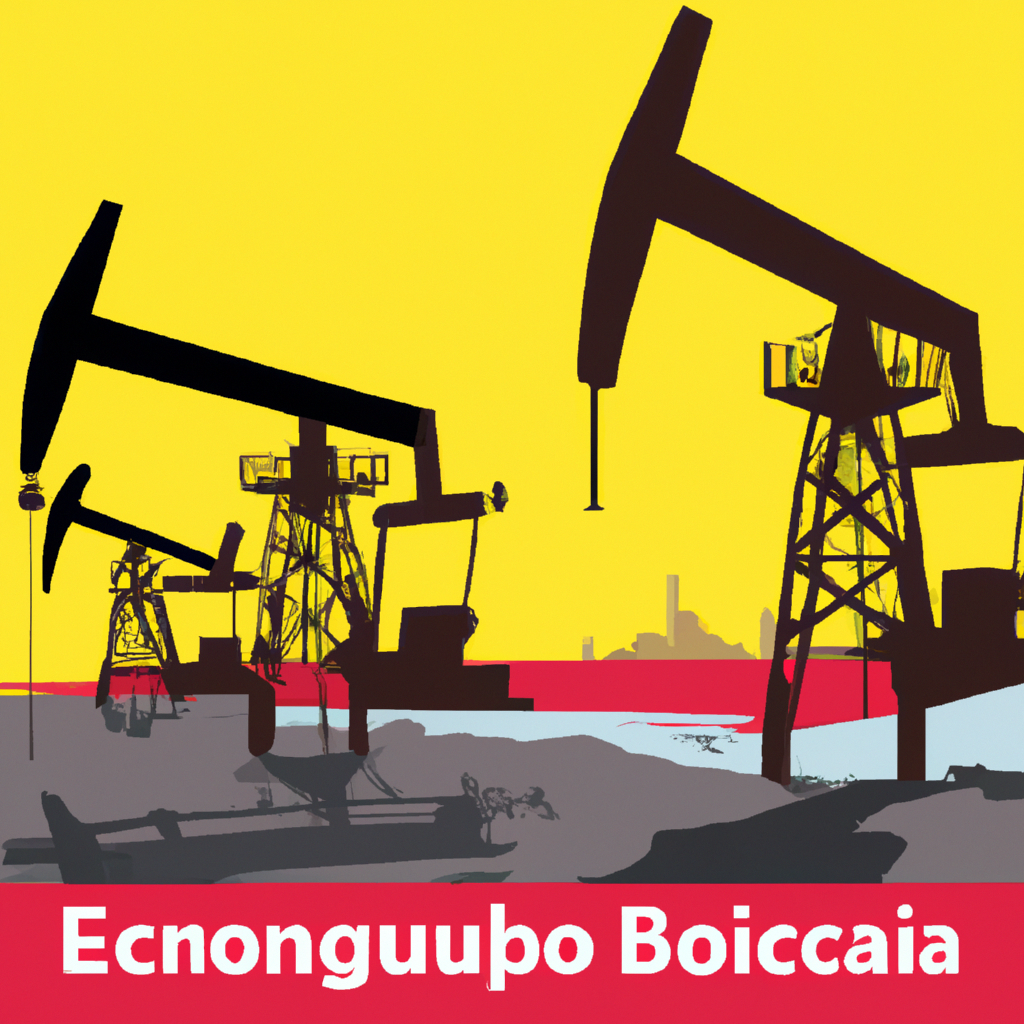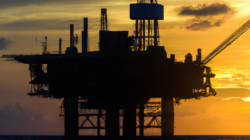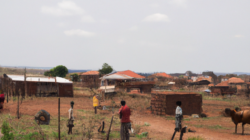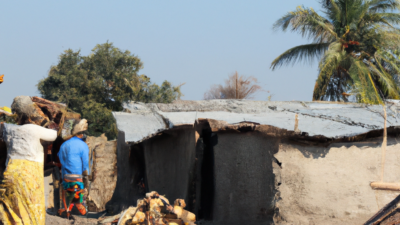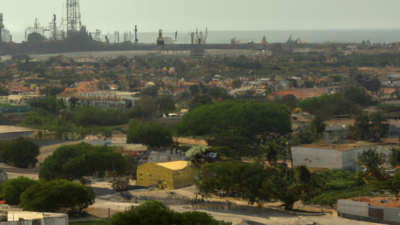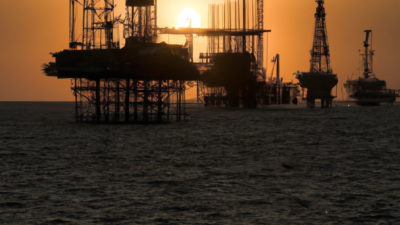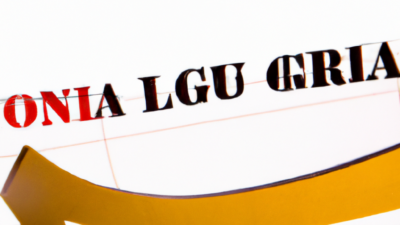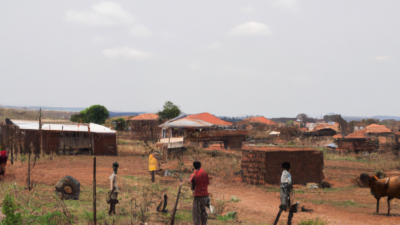Angola Economy Ranking in the World
Angola, a country located in Southern Africa, is renowned for its rich natural resources, particularly oil and diamonds. As one of the continent’s major oil producers, Angola has experienced periods of rapid economic growth, especially in the early 2000s. However, the nation has also faced significant challenges, including political instability, economic mismanagement, and the need for diversification away from its heavy reliance on natural resources. This article delves into Angola’s economic standing on the global stage, analyzing its current ranking, the factors influencing its position, and the prospects for the future.
Historical Context and Economic Growth
To understand Angola’s current economic ranking, it’s essential to look back at its history. After gaining independence from Portugal in 1975, Angola plunged into a protracted civil war that lasted until 2002. The end of the civil war marked the beginning of an oil boom, leading to impressive economic growth rates. Between 2004 and 2008, Angola’s GDP growth rates often exceeded 15%, driven by high global oil prices and significant foreign investments in the oil sector.
Current Economic Ranking
As of 2023, Angola is classified as a lower-middle-income country by the World Bank. According to the International Monetary Fund (IMF), Angola’s GDP was approximately $70 billion in 2022, making it one of the largest economies in Sub-Saharan Africa. However, on a global scale, Angola’s economy is relatively modest. In terms of GDP (nominal), it ranks around 65th to 70th in the world, depending on the specific metrics and sources consulted.
Key Economic Sectors
The oil sector remains the linchpin of the Angolan economy, contributing to over 90% of the country’s export revenues and approximately 50% of its GDP. However, this heavy reliance on oil has made the economy vulnerable to global oil price fluctuations. The government has been making efforts to diversify the economy by investing in agriculture, fisheries, and tourism, but these sectors are still in nascent stages of development.
Challenges and Opportunities
Despite its resource wealth, Angola faces several economic challenges. High levels of public debt, inflation, and unemployment are major issues that need addressing. Additionally, corruption and lack of infrastructure have hindered economic progress. The government, under President João Lourenço, has initiated several reforms aimed at improving the business environment, attracting foreign investment, and combating corruption.
On the flip side, Angola has significant opportunities for growth. Its youthful population, vast arable land, and untapped mineral resources offer potential for economic diversification. The country’s strategic location also positions it as a gateway for trade in Southern Africa.
Future Prospects
Looking ahead, Angola’s economic future will depend on its ability to manage its resources effectively, diversify its economy, and implement structural reforms. The global transition towards renewable energy poses a long-term challenge to its oil-dependent economy, making diversification even more critical.
In conclusion, while Angola is not among the top-ranked economies globally, it holds a significant position within Africa due to its resource wealth and potential for growth. With the right policies and investments, Angola could improve its economic standing in the coming years.

